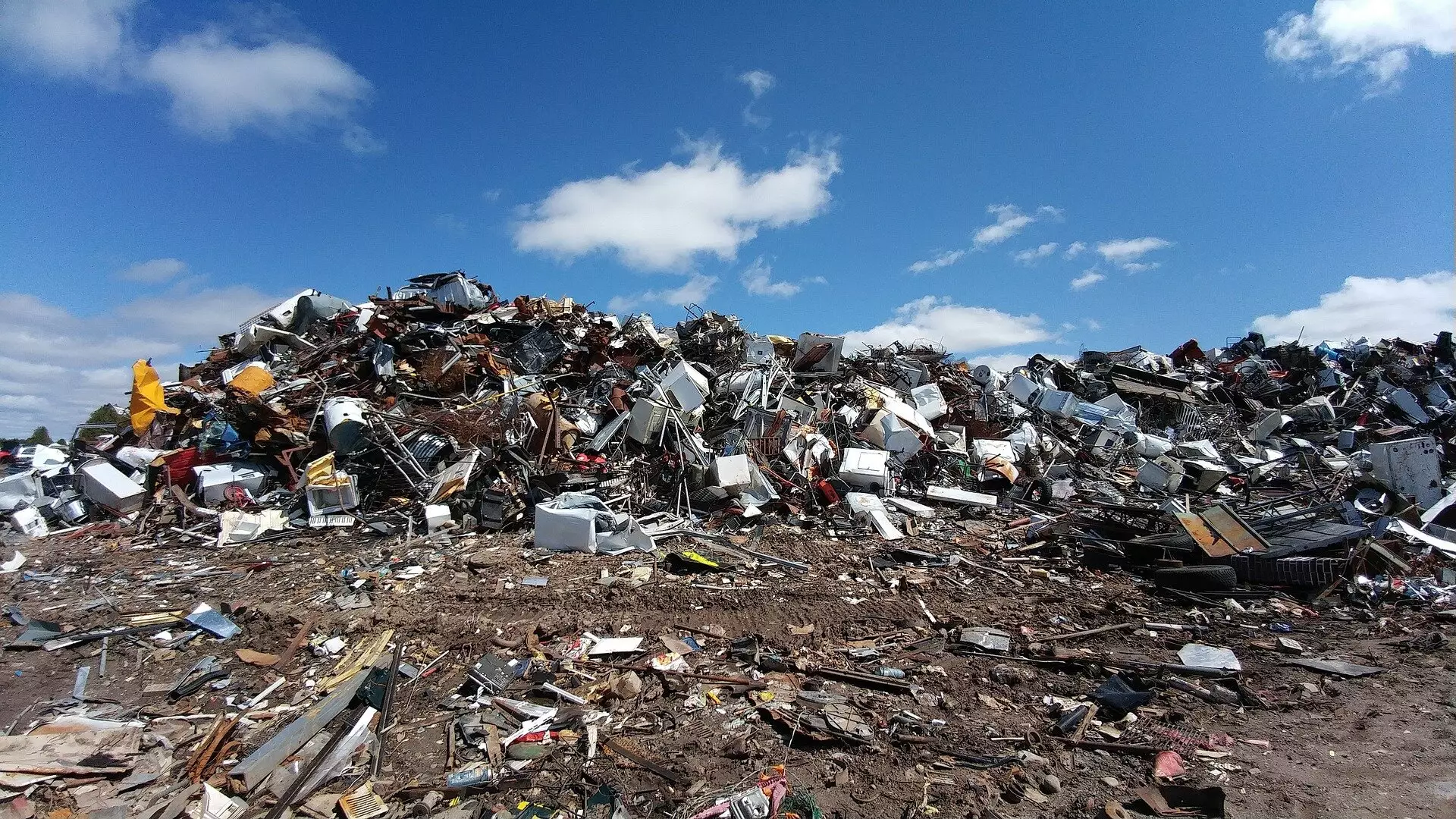Food waste is a pressing global issue that significantly contributes to environmental degradation, accounting for approximately 8 to 10% of greenhouse gas emissions worldwide. In a bid to mitigate this problem, various U.S. states have enacted food waste bans, intending to reduce the volume of organic waste sent to landfills. A recent study from the University of California Rady School of Management evaluating food waste bans in the first five states—California, Connecticut, Rhode Island, Vermont, and Massachusetts—reveals a sobering truth: apart from Massachusetts, the other states have largely failed to achieve their waste reduction goals. This raises critical questions about the effectiveness of such bans and illuminates pathways for states to enhance their waste management strategies.
According to the study titled “Of the first five U.S. states with food waste bans, Massachusetts alone has reduced landfill waste,” the Bay State stands out for significantly reducing its landfill waste by 7%, ultimately achieving a cumulative reduction of 13.2% between 2014 and 2024. Robert Evan Sanders, the study’s assistant professor co-author, highlighted that the combined efforts of the food waste bans in the other states resulted in only a 3% reduction, underscoring Massachusetts as a benchmark for effective policy implementation.
What makes Massachusetts successful? The study identifies three critical factors that contributed to its achievement: a robust composting infrastructure, straightforward legislation, and stringent enforcement measures. The state boasts the highest number of food waste processing facilities per square mile, facilitating efficient organic waste management. Additionally, the clarity of its laws, characterized by less jargon and fewer exceptions, enhances compliance among businesses. Most importantly, Massachusetts employs intensive enforcement tactics, conducting more inspections than its peers, which has created a culture of compliance among commercial waste generators.
In contrast to Massachusetts, states like California, Connecticut, Rhode Island, and Vermont have struggled with effectively reducing food waste. Unfortunately, data indicates minimal compliance and negligible results stemming from their food waste bans. The report emphasizes these states need to reassess their current strategies. Inadequate enforcement mechanisms contribute to the lack of compliance, as very few inspections or penalties are imposed on violators. Thus, the study elucidates that mere implementation of bans is not sufficient; there must be robust systems in place for monitoring, compliance, and enforcement.
Ioannis Stamatopoulos, another co-author, remarks that laws intending to prohibit organic waste from being sent to landfills could potentially result in a 10% reduction in landfill waste—if properly managed. Yet, findings show that without sufficient follow-through on inspection and penalties, these laws fall flat. Most of the other states studied experienced substantial loopholes that diluted the laws’ effectiveness. This highlights a significant flaw in environmental policy-making: drafting legislation is only the first step; effective implementation is where the challenge lies.
The study employed an extensive dataset, analyzing waste production across 36 states from 1996 to 2019, thereby covering a vast demographic comprising 85% of the U.S. population. This meticulous approach involved manual data collection through public records requests and collaborative efforts with environmental state agencies. By employing a variant of the synthetic control method, the researchers were able to construct a comparative landscape to better understand the impact of food waste bans. This rigorous methodology affirms that the findings are grounded in empirical evidence rather than conjecture.
The implications of this study extend far beyond the states studied; they provide a framework for future policy development in waste management. The researchers advocate for continued support of food waste bans, though they stress that states must learn from Massachusetts’ example and allocate resources toward creating and sustaining effective enforcement practices. Innovations such as those in California, where recent legislation (SB 1383) requires jurisdictions to provide organic waste collection, represent promising steps in the right direction.
While food waste bans are essential for combatting environmental issues, their successful implementation relies heavily on a framework of clear legislation, robust infrastructure, and stringent enforcement. States must heed the lessons from Massachusetts and reassess their strategies to ensure that these policies translate into substantial and meaningful reductions in landfill waste. By reassessing their methods and investing in effective infrastructures, U.S. states can create a transformative impact on food waste management and contribute to a sustainable future.


Leave a Reply